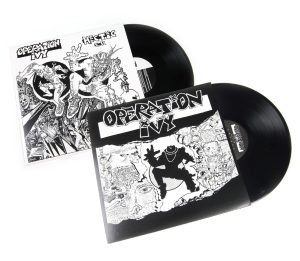GENRE: Rock
LABEL: A24 Music
REVIEWED: 17th September, 2025
London-based singer-songwriter Mark William Lewis delivers a strikingly atmospheric and introspective body of work on his self-titled album, the first non-film release from A24’s emerging music label. Known for his elliptical lyricism and shadowy pop experiments, Lewis continues to explore a sound that feels cinematic, unsettled, and deeply personal.
Lewis has spoken of his late-night ritual of skipping stones across the Thames, each one symbolizing a burdened thought. That meditative act resonates through the album’s 12 tracks, which capture fleeting emotions, fragmented images, and half-formed truths. His baritone voice soft, murmured, and unforced—serves as the grounding force in an otherwise foggy landscape of echoing guitars, ghostly horns, and uneasy rhythms.
The album opens with Still Above, where Lewis contemplates memories, longing, and the idea of a “restless journey home.” Its hushed delivery and swirling instrumentation place the listener in a dreamlike haze. While some moments approach lightness, the overall mood is restless, weighed down by uncertainty. Even relatively accessible tracks, like Tomorrow Is Perfect, carry tension, with imagery of betrayal, illness, and foreboding.
Darkness often hovers at the edges. On Spit, Lewis conjures unsettling visions of decay and fragility, while Brain blends distorted textures with confessions of regret and mistrust. His lyrics are rarely direct, more like fragments of overheard thoughts or glimpses into a troubled psyche. Yet this elusiveness is precisely where their emotional impact lies: rather than stating feelings outright, Lewis allows them to emerge in whispers, pauses, and disjointed images.
Despite its brooding tone, the album avoids pure despair. Songs like Seventeen balance mournful themes with gentle acoustic strums that echo the tender side of artists such as Alex G. Lewis’ use of harmonica—an homage to his father’s love for Dylan and Neil Young further ties his experimental approach to folk traditions, though always with a skewed, unconventional twist.
Emerging from the same offbeat London scene as Bar Italia and Double Virgo, Lewis carries forward a lineage of UK innovators like Talk Talk and Bark Psychosis, who blurred the lines between pop, rock, and abstraction. But unlike many of his contemporaries, he refuses to rely on soaring choruses or tidy resolutions. Instead, his songs drift between silence and sound, hinting at truths just out of reach.
Mark William Lewis is less a straightforward statement than a collection of fragments haunting, cryptic, and beautiful in their ambiguity. Each track feels like a fleeting vision or a thought tossed into the water, rippling outward in search of connection.





